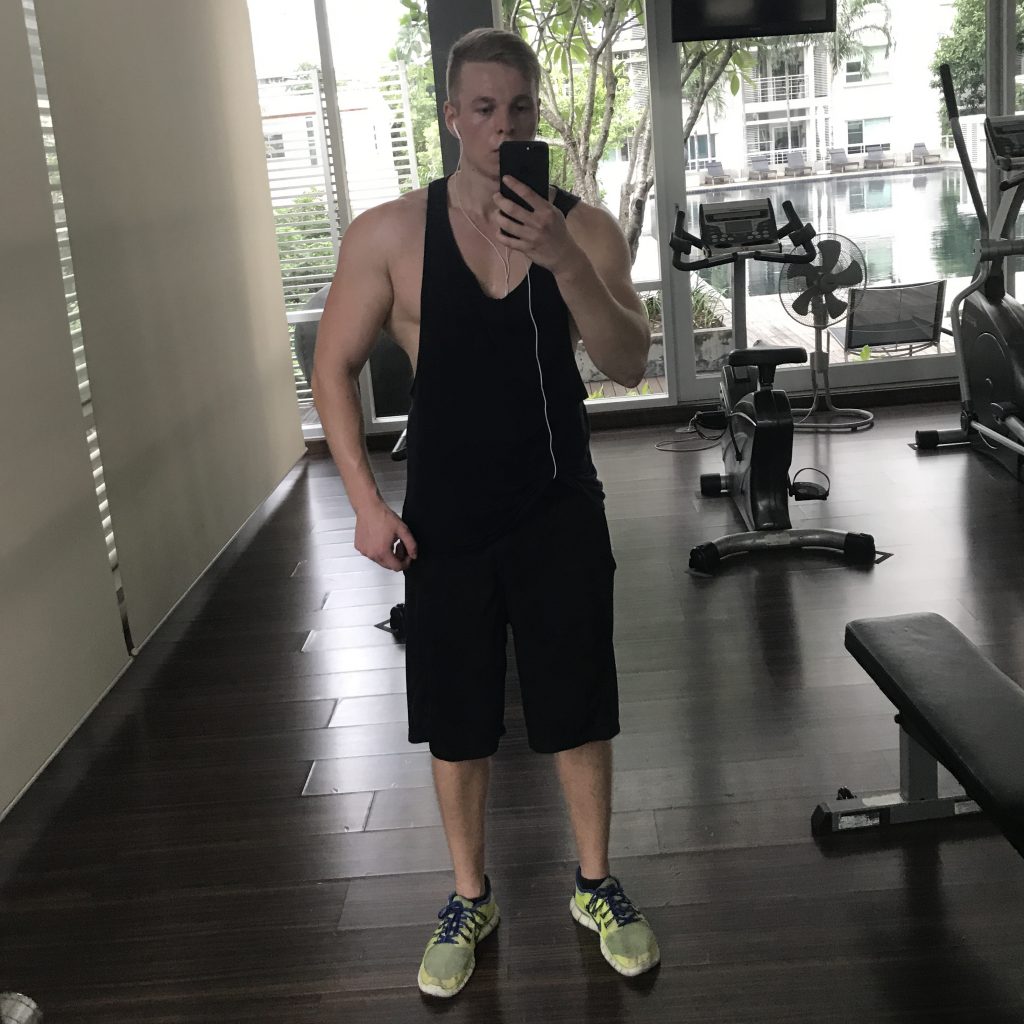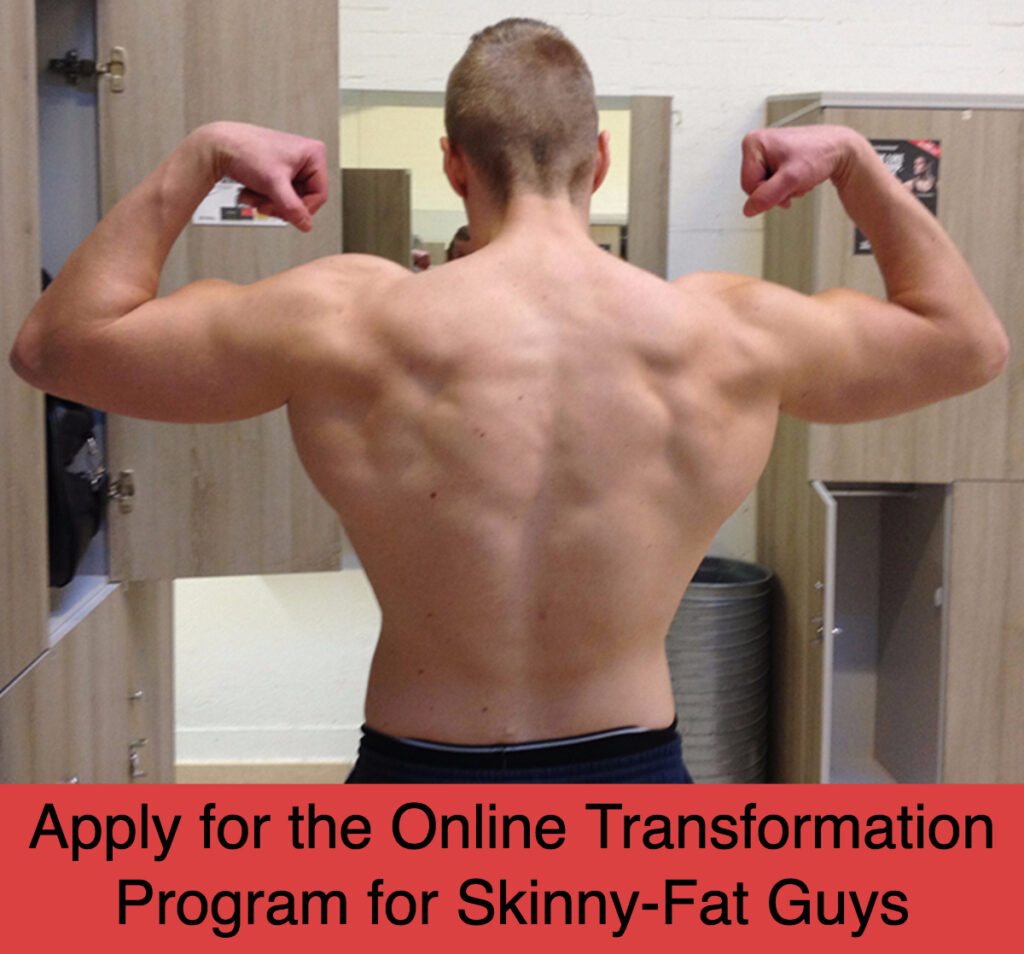 Throughout the years I’ve come across a lot of my readers with low testosterone or gynecomastia who have jumped on supplements, herbs or drugs that lower estrogen levels.
Throughout the years I’ve come across a lot of my readers with low testosterone or gynecomastia who have jumped on supplements, herbs or drugs that lower estrogen levels.
These are typically aromatase inhibitors such as Nolvadex and arimidex and the guys using them often have puffy nipples.
This is NOT a good thing because estrogen levels that are too low lead to the exact same symptoms as low testosterone levels (no sex drive, erectile dysfunction and depression) but to an even higher degree.
I’ve previously had an estrogen deficiency after a short stint of being on blood pressure and cholesterol medications and I felt much worse compared to when I only had low testosterone.
I couldn’t get any erections, my joints were aching when doing basic bodyweight exercises and I had no sex drive for months.
If you have the symptoms of low testosterone and you take estrogen lowering drugs, what you may have is instead an estrogen deficiency, therefore it’s worth doing a full hormonal panel to rule that out.
Furthermore, low estrogen levels are very difficult to correct unless you go on testosterone replacement therapy and jumpstart your entire hormonal production.
Therefore, it’s best to completely stay away from any drugs, supplements or herbs that lower estrogen levels and if you have a coach who is trying to put you on any of these without any blood work or attempt to diet off excess body-fat, I’d run.
The correct way to manage estrogen levels is through diet.
By maintaining healthy body-fat levels through diet and completely eliminating foods that increase aromatase, you will get healthy estrogen levels. No drugs, supplements or herbs are needed.
There are rare cases where someone has high estrogen levels despite doing all this.
In that case, you need to see an endocrinologist who specializes in male hormones and do a full hormone panel then follow their guidance in regards to medications.
Never take any drugs, high dose supplements or herbs that change your hormonal balance on your own just because you read about it online or saw a YouTube video about it.
Instead, go to a doctor (preferably endocrinologist) and do blood work.
Get the results sent to you and see where your levels are at.
For sex hormones, you’ll want free testosterone and total testosterone to be in the upper end of the range and estradiol (the most important estrogen) to be somewhere around the bottom-mid of the range and SHBG (sex binding hormone globulin) to be as low as possible but in range.
Only 1-3% of testosterone is free since 97-99% is bound up or converted into estrogen.
This means that you could have 2 people with the exact same total testosterone production but there could be up to a 3X difference in their free testosterone levels.
By doing all the tests above, you can get the full picture instead of just seeing total levels which isn’t as useful.
If some of your levels are not optimal, look at the risk factors in your lifestyle which affect your hormones negatively.
Then start attacking those first.
- Schedule in relaxation time in the evening, cut out caffeine and alcohol, use blue light glasses, go to sleep early and get deep sleep for 7-8 hours a day.
- Clean up your diet.
- Eat regularly (3-6 times per day), starting with breakfast.
- Eat balanced (no extreme diets such as KETO).
- Manage stress levels (cut out the people and tasks that drain you to the best extent possible).
- Make sure you train in a way that you can recover from.
In most cases, lifestyle changes (diet, sleep optimization, exercise, stress management) can correct most hormonal problems.
That’s how I went from a natural testosterone level of 297 NG/DL to 1105 NG/DL.
I always focus on overhauling lifestyle with my Online Transformation Program clients and dialing in the most important factors.
In most cases, this leads to optimal hormone production without any kind of drugs, supplements or herbs.
Furthermore, a mistake I often see is that people self-diagnose themselves based on one test. Never make decisions based on one blood test.
Get re-tested to make sure the test is accurate.
There are many factors which affect hormone levels and hormones fluctuate throughout the day.
A big Calorie deficit, bad sleep, hard training and alcohol intake all temporarily affect hormone levels negatively.
Here are the optimal conditions for getting tested:
- Do all hormonal tests before 9 AM.
- Don’t workout or drink alcohol for 48 hours prior to the test.
- Sleep should be good for at least 3 days leading up to the test.
- Follow a Caloric maintenance or Caloric surplus diet for a week leading up to the test.
Finally, there’s a very important point to consider when evaluating test results: Each person feels different at different levels of hormones.
For example, with testosterone I had a client whose baseline of testosterone was 150 NG/DL (very low — range goes from 300-1100 NG/DL).
When he got to 330 NG/DL he doubled his testosterone levels and had no major symptoms of low testosterone anymore.
For me, 330 NG/DL is an extremely low reading and I can’t even get erections.
At 700-1100 NG/DL I feel good and that’s usually where most people need to be to feel good.
This is why diagnosing low testosterone or high estrogen is best done with a skilled expert who can take a comprehensive overview of your situation and track changes/parameters over time.
In the end, a diagnosis of low testosterone or high estrogen is not only made based on numbers but also symptoms and severity of symptoms.
For example, the most severe symptoms of low testosterone are: Not waking up with morning wood, erectile dysfunction and chronic depression.
If you have any of these and you also have low testosterone (specifically low free testosterone) in several tests, then you definitely have low testosterone and need to overhaul your lifestyle first to correct it.
For high estrogen, the symptoms are often different. You’ll see acne, gynecomastia and mood swings as the most common symptoms.
If you have a combination of all these, you may have both low testosterone and high estrogen levels.
The long-term goal is to correct these symptoms while achieving hormonal balance through lifestyle changes. The numbers are always just indicators and less important than symptoms.
Be proud but stay hungry!
Oskar Faarkrog, ISSA Certified Trainer


 Why Most Skinny-Fat Guys Are Closet-Lifters
Why Most Skinny-Fat Guys Are Closet-Lifters